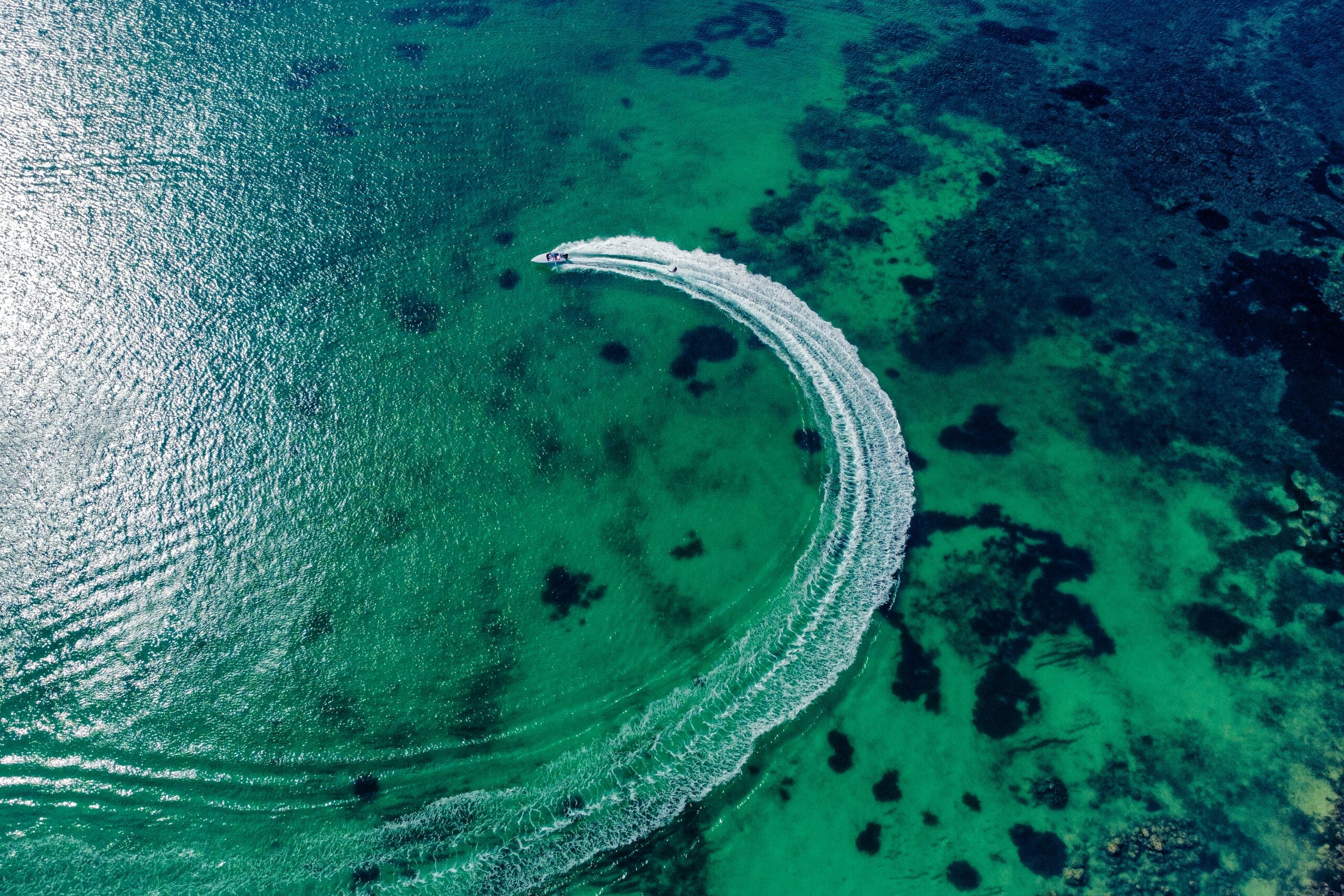By Feroz Hematally, Head of Tax, Mauritius
Chinese foreign direct investment (FDI) annual flows to Africa have been increasing steadily over the last two decades, with a surge from US$75 million in 2003 to US$3.96 billion in 2023, exceeding U.S. investment flows. Post-COVID, China’s investment in Africa has bounced back, with a focus on minerals extraction and infrastructure activities. This overseas investment is being supported by new initiatives like the African Continental Free Trade Area, which promotes the growth of regional value chains by offering Chinese businesses access to a larger unified African market.
The ninth China-Africa Cooperation forum, which took place in September 2024 in Beijing, saw China reaffirm its commitment to the African continent by positioning itself as a reliable partner for African nations seeking development.
In his keynote speech, Chinese President Xi Jinping said that China stands ready to work with Africa to implement 10 partnership action plans in the next three years to jointly advance modernisation. These measures will be designed to help Africa combat poverty and foster development by focusing on areas such as trade prosperity, industrial chain cooperation and agricultural advancement.
In this endeavour, Mauritius, with its strategic location and robust financial ecosystem, would be a key support to China in successfully implementing their Africa-focused strategy.
Mauritius – the ideal gateway connecting China to Africa
Mauritius has been a proven international financial centre (IFC) for over 30 years. Strategically located between Asia and Africa, the island is positioned as a resilient and robust IFC for investors seeking security, transparency and tax efficiency. As the African continent continues to attract global interest, Mauritius is rising to become the natural gateway for investing into Africa. Investors use Mauritius to facilitate investment into Africa, supporting real economic activities, jobs and infrastructure developments. These investments are usually in the form of loans, debt securities or investment in shares.
Robust legal and regulatory framework
As a reputable and resilient IFC, Mauritius has a robust legal and regulatory framework. The legal system is a hybrid one, combining both the civil and common law practices. As such, its legal system is governed by principles derived both from the French Napoleonic Code and British common law. Mauritius also retains the right of appeal to the Judicial Committee of the Privy Council, UK, which remains the highest appellate court of the country.
Regarding the regulatory framework, the Mauritian government has created an environment that is both business-friendly and compliant with international standards. This has been achieved through the development of a comprehensive set of laws and regulations that govern corporate activities, including the Companies Act, the Financial Services Act, and the Code of Corporate Governance for Mauritius.
Skilled and multilingual workforce
Every IFC needs a strong workforce and Mauritius is no exception. Mauritius is home to a multicultural and well-educated workforce, with a population primarily of Indian, African, Chinese and European descent. Mauritius enjoys a high adult literacy rate exceeding 92%, reflecting its investment in education.
Local and international banks
Mauritius has 19 local and international banks, offering a range of services from the traditional retail banking to private banking, investment banking, fund administration and custodial services. With its global treasury activities licence, Mauritius can be used as a vehicle to raise debt for acquisitions, refinancing of existing debt, or restructuring of existing debt. This licence enables multinational enterprises to set up or relocate their regional treasury management functions to Mauritius and benefit from a five-year tax holiday on the income derived from such activities.
Attractive tax regime
In terms of taxes, Mauritius has an attractive tax regime whereby there is no capital gains tax. Under the Mauritius domestic laws, any foreign tax suffered on foreign income is available for offset as tax credit. In the absence of foreign tax, Mauritius offers 80% partial exemption on income such as dividend and interest, which reduces the effective tax rate of 17% to 3.4%.
Mauritius also offers a very attractive tax rate of 5%, including corporate climate levy, for companies engaged in exports of goods. These goods do not need to transit through Mauritius. International buying and selling also qualify for exports and can benefit from the lower tax rate.
There is no withholding tax on dividend from Mauritius. There are no foreign exchange controls in Mauritius, hence companies can enjoy free repatriations of profits.
Trade and promotion agreements
Mauritius has a total of 44 double tax agreements (DTA) with countries all over the world; 17 of them are signed and are currently in force with other African countries, such as Botswana, Republic of Congo, Egypt, Ghana, Mozambique, Namibia, Rwanda, Uganda and South Africa amongst others. Mauritius has also signed Investments Promotion and Protection Agreements (IPPA) with several countries. These IPPAs protect investors, especially when investing on the African continent where there could be political and economic uncertainties.
In addition to the DTAs and IPPAs, Mauritius signed a Free Trade Agreement (FTA) with China in October 2019 which came into force in January 2021. This is China’s first FTA with an African country, providing more solid institutional guarantee for deepening economic and trade relations between China and Mauritius.
All in all, Mauritius represents an unparalleled opportunity for Chinese investors looking to establish or expand their operations into the greater African continent.
With our global footprint in 25 jurisdictions, including China, Mauritius and Africa, IQ-EQ has extensive experience establishing and administering Chinese structures from Mauritius into Africa. Get in touch with our team today to learn how we can help your business expand its horizons.
This article was originally published in Africa Global Funds’ November 2024 magazine.





